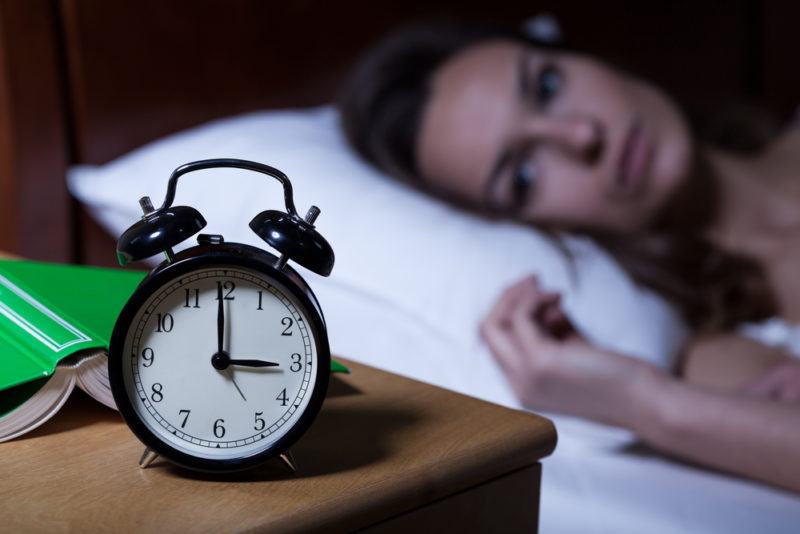When you have difficulty sleeping, melatonin may be one of the first things you may reach for in an effort to get some rest. But, is melatonin the best option and are there any side effects?
Background
Melatonin Supplements
Do Melatonin Supplements Really Work?
Research suggests that even very low doses of melatonin may be effective at regulating the circadian rhythm, although it is not clear whether exposure to light may be more effective. Studies have not found an 'optimal dose'. Because of this, it is prudent to take the lowest possible effective dose. (This would mean taking 1mg or 2mg per day to aid sleep.) Effects of long-term use are unknown.
Who should avoid melatonin supplements?
Talk to your health care provider before taking a melatonin supplement if you are pregnant or breastfeeding, have an autoimmune disorder, a seizure disorder, depression, diabetes or high blood pressure.
Who are melatonin supplements effective for?
Melatonin supplements don't help with every sleep related issue. They work by telling your brain it’s time to go to bed. Therefore, it can help you fall asleep more quickly, but hasn't been proven to increase the total time or quality of sleep.
Melatonin supplements in a nutshell
Melatonin supplements can be helpful when used occasionally, and in small doses.
If you're having significant difficulty getting to sleep or staying asleep, please look into our other blog posts (here and here) regarding sleep and how to increase the quality and quantity of it. This is also a great article from the New York Times about sleep.
If discomfort or pain is limiting your sleep, request a phone consultation with our team to see if physical therapy could be an effective option in helping you get more sleep!
Share this Post

